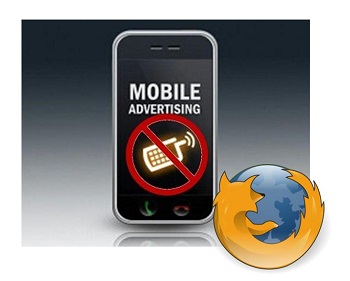According to the founder of Mozilla, the app currently under development will stop advertising by default.
One of the founders of Mozilla, Brendan Eich, who is also the creator of JavaScript, has announced that there is a Firefox mobile browser in the works which will be called Brave and that will provide users with a browser that will block all ads by default.
In a recent blog post in which Brave, as a company, was launched, Eich described the reason for this product.
Eich explained that he feels that there is a “primal threat” that currently exists in the current internet situation as a result of the disruption of the typical free, ad-supported web. Therefore, he is hoping to create a type of Firefox mobile version called Brave that will offer “a solution designed to avert war and give users the fair deal they deserve for coming to the web to browse and contribute.”
He explained that the Firefox mobile Brave version will be a first step in a new direction for the internet.
 In Eich’s blog post, he explained that the development of this new browser is going to be accompanied by a “private cloud service with anonymous ads”. In this way, the Brave browsers will, by default, block all advertising including “initial signaling/analytics scripts that start the programmatic advertising ‘dirty pipe’, impression-tracking pixels, and ad-click confirmation signals.”
In Eich’s blog post, he explained that the development of this new browser is going to be accompanied by a “private cloud service with anonymous ads”. In this way, the Brave browsers will, by default, block all advertising including “initial signaling/analytics scripts that start the programmatic advertising ‘dirty pipe’, impression-tracking pixels, and ad-click confirmation signals.”
That said, the mobile browser isn’t meant to stand out exclusively because of its ad blocking features. Eich also pointed out that it is being designed to be a “browser-based ad-tech platform.” In this way, it will be removing all ads and, once they’re gone, Brave will place a small number of standard-sized spaces onto web pages through the use of a cloud robot. This will allow the browser to insert its own ads that will be targeted through the use of “browser-side intent signals phrased in standard vocabulary”. They won’t use either persistent cookies or user identification.
The hope is that this Brave Firefox mobile version will help to boost the privacy and speed of internet navigation over smartphones and tablets. This will because it will weed out data-consuming tracking software and ads. The claim from Brave is that this can create a load time that is up to four times better.

 That said,
That said, 